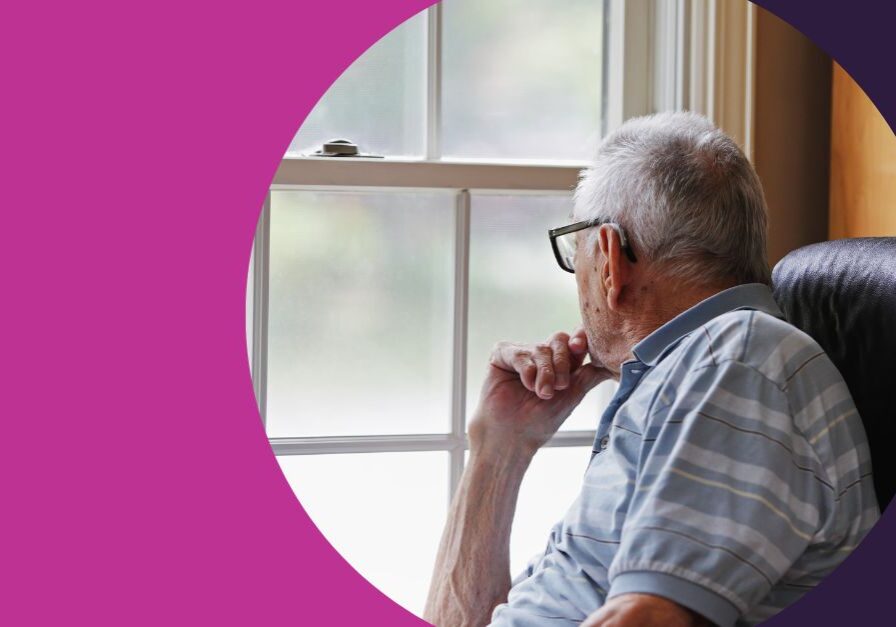The Loneliness Epidemic: Build Connections for Better Health

Loneliness: A Growing Health Crisis
As Valentine’s Day approaches—a holiday centered on love and connection—it’s important to recognize a growing public health crisis: loneliness. While the day often highlights romantic relationships, nearly half of U.S. adults experience measurable levels of loneliness, according to a 2023 Surgeon General’s advisory, “Our Epidemic of Loneliness and Isolation.”
The health issue isn’t just the pain of being alone. Research links social isolation to an increased risk of heart disease, stroke, dementia, depression, and even premature death. In fact, the negative health effects of chronic loneliness are comparable to smoking 15 cigarettes a day.
Recognizing Loneliness as a Health Concern
Healthcare professionals stress the importance of addressing isolation as a key factor in overall well-being. Physicians encourage patients to talk openly about their feelings, allowing them to receive proper support and resources. Building meaningful relationships and seeking professional help when needed are crucial steps toward reducing the harmful effects of loneliness.
How Healthcare Advocates Can Help
Addressing isolation requires more than individual effort—it takes a team. Independent healthcare advocates play a vital role in helping individuals combat social isolation and improve their quality of life.
Connecting Patients to Their Communities
One of the most effective ways to fight loneliness is through social connection. Healthcare advocates help individuals find and engage with local support groups, social organizations, and volunteer opportunities that align with their interests. By fostering these connections, advocates create opportunities for individuals to develop meaningful relationships that enhance emotional well-being.
Removing Barriers to Social Engagement
Many factors contribute to social isolation, including chronic illness, mobility issues, or mental health struggles. Healthcare advocates can help by:
- Coordinating transportation to social events and medical appointments.
- Arranging in-home companionship services.
- Working with healthcare providers to develop care plans that prioritize social engagement.
By addressing these barriers, advocates empower individuals to stay connected and engaged with their communities.
Providing Emotional Support and Advocacy
Beyond logistical support, independent healthcare advocates serve as compassionate listeners and allies. They validate feelings of loneliness, offer emotional support, and advocate for systemic changes that integrate social connection into healthcare practices. Their work can help create a more inclusive and connected society, reducing the widespread effects of loneliness.
If you or a loved one could benefit from the support of an independent healthcare advocate, we’re here to help. Taking the first step toward connection can lead to a healthier, more fulfilling life.
